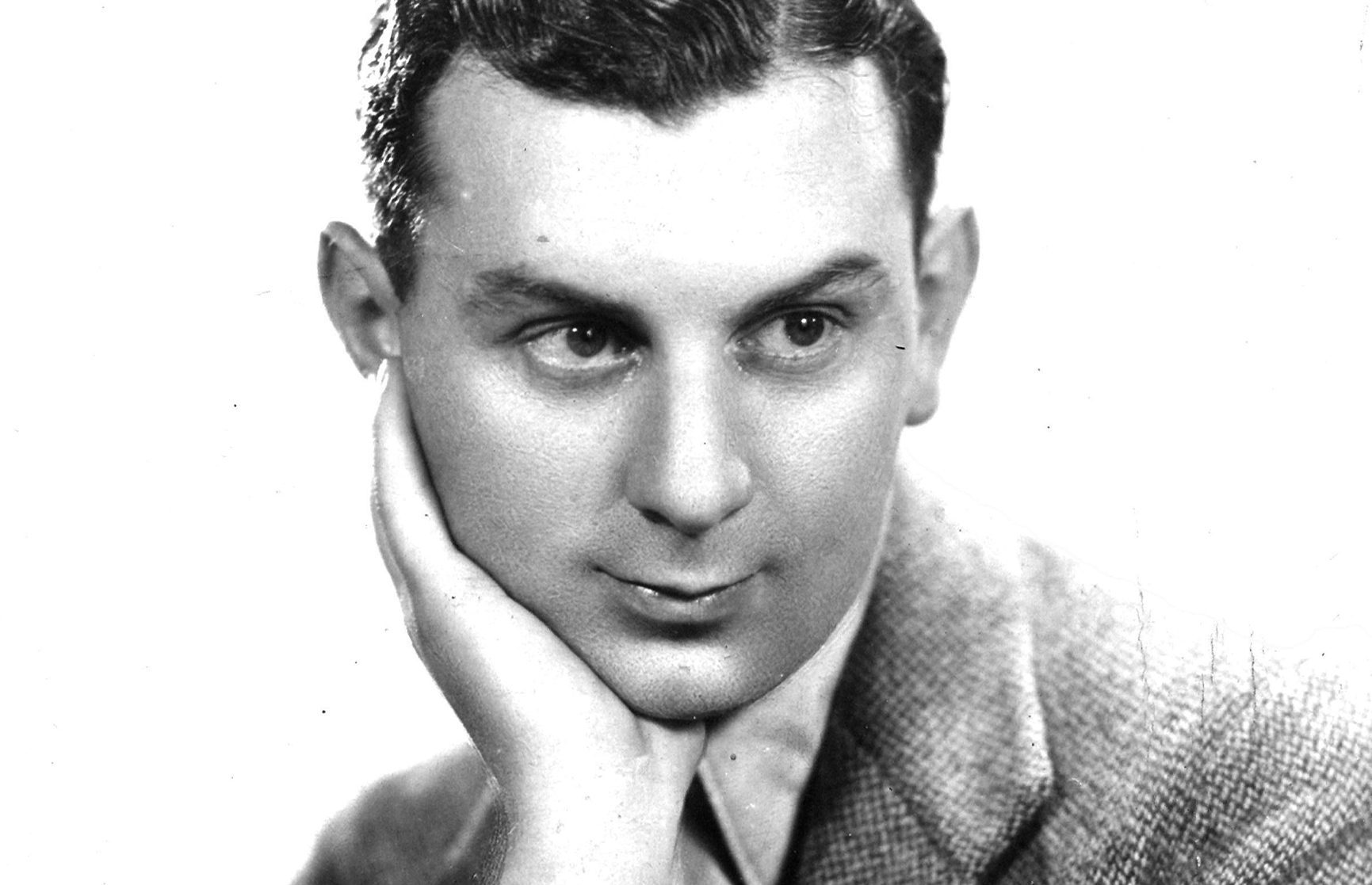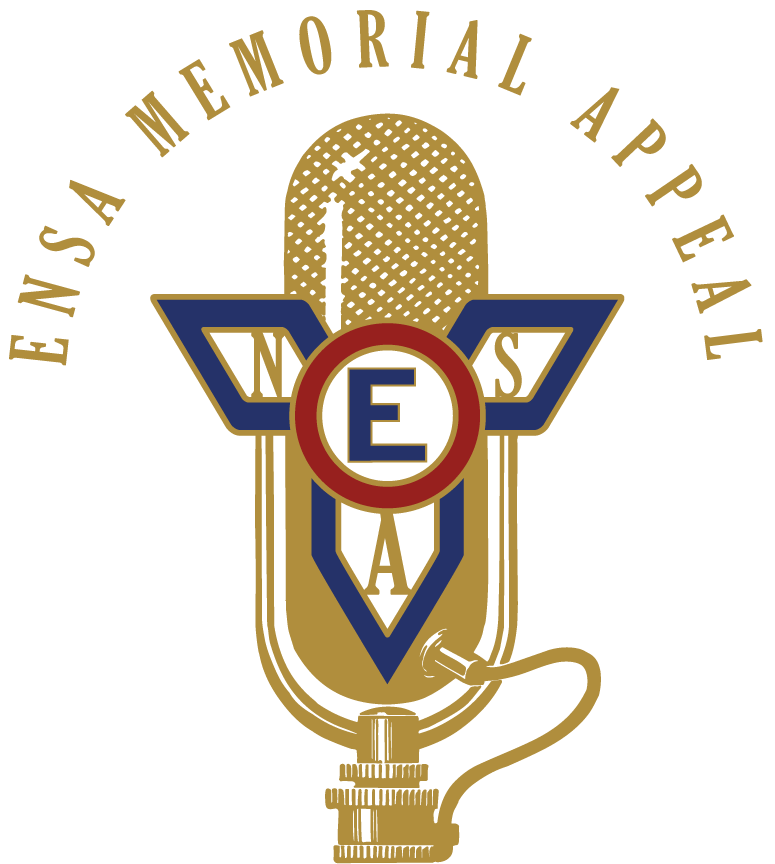WW2 ENTERTAINMENT
ENSA
The Entertainments National Service Association (ENSA) was an organisation set up in 1939 by Basil Dean and Leslie Henson to provide entertainment for British armed forces personnel during World War II.
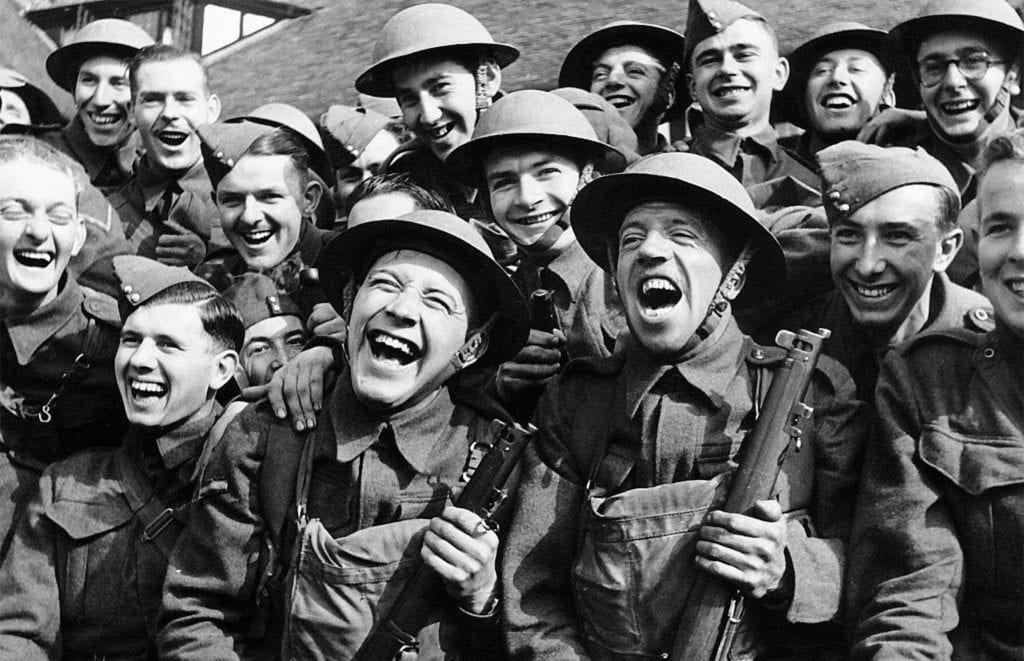
STARS IN BATTLEDRESS
In Britain, during the Second World War, entertainment was considered an essential to keep morale high. In 1939 ENSA was organised by Basil Dean to send groups of entertainers to factories and military camps.
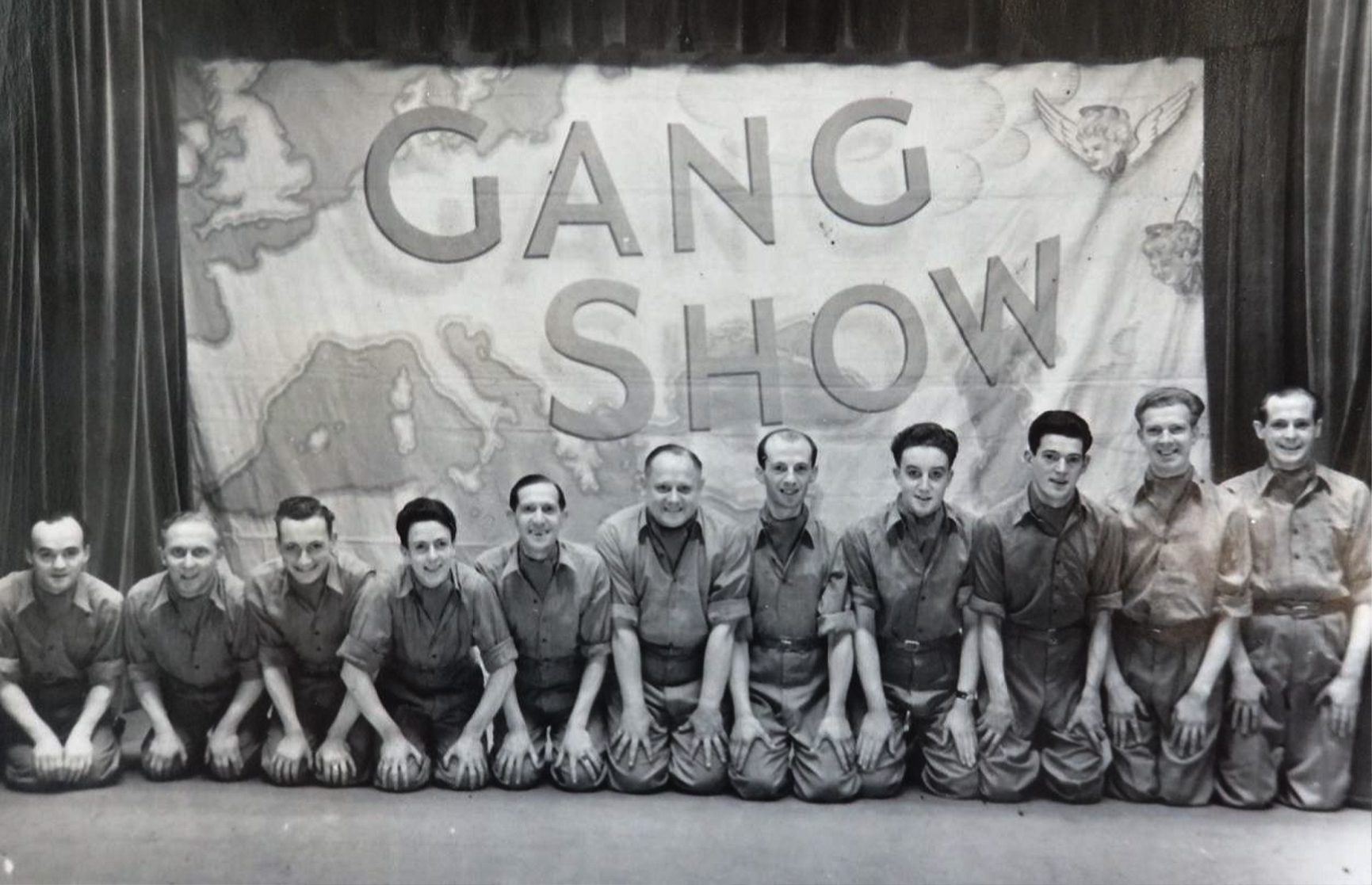
BASIL DEAN
Basil Herbert Dean CBE (27 September 1888 – 22 April 1978) was an English actor, writer, film producer/film director and theatrical producer/director.
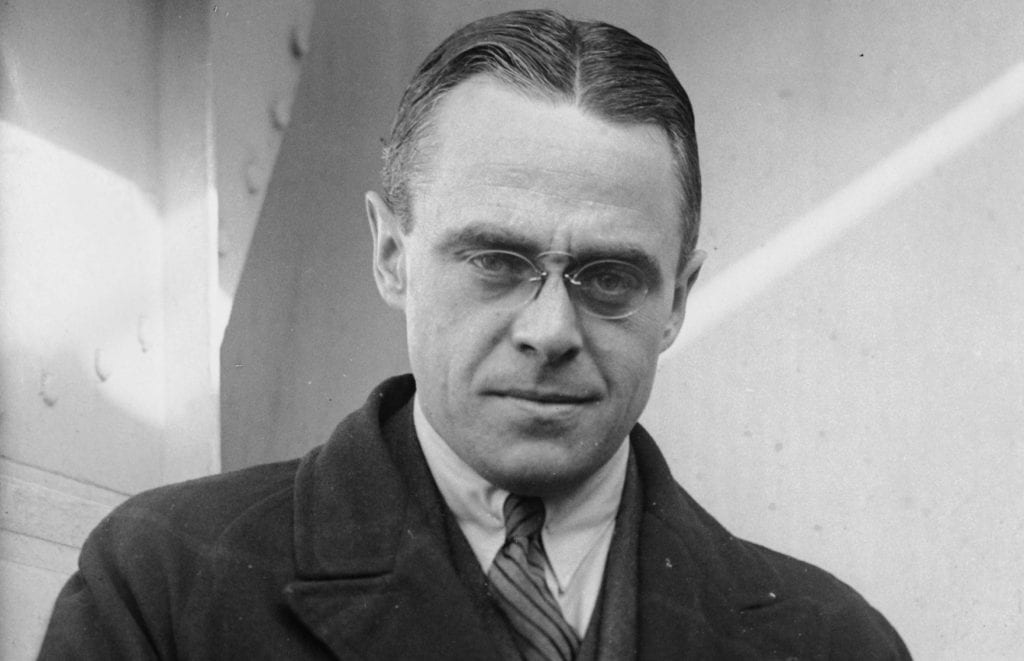
LESLIE HENSON
Leslie Lincoln Henson (3 August 1891 – 2 December 1957) was an English comedian, actor, producer for films and theatre, and film director. He initially worked in silent films and Edwardian musical comedy and became a popular music hall comedian who enjoyed a long stage career.
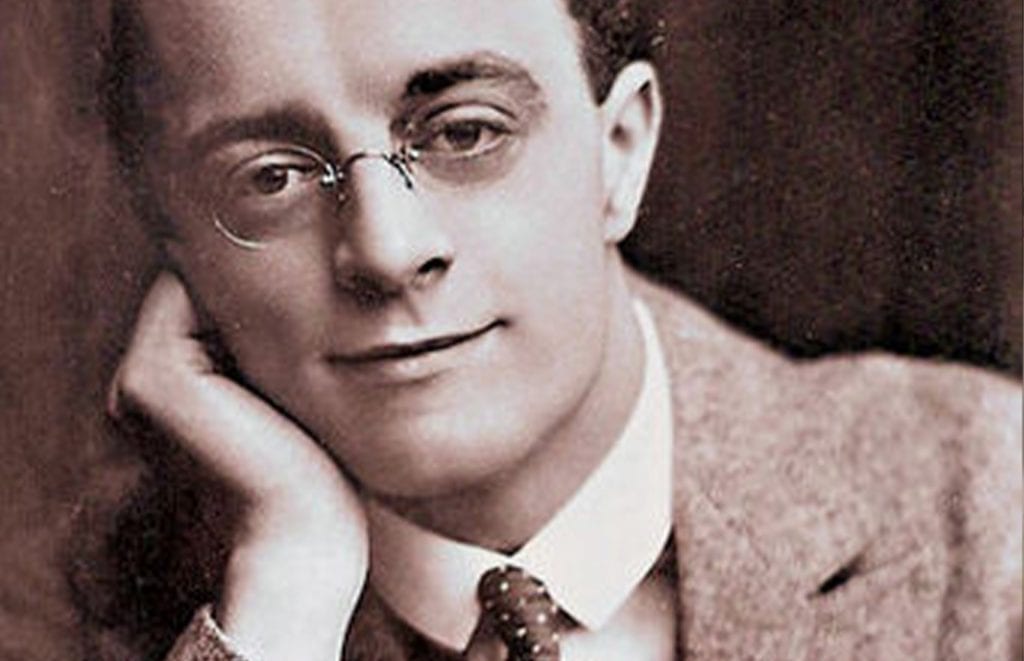
William Henry Ralph Reader CBE
(25 May 1903 – 18 May 1982), known as Ralph Reader, was a British actor, theatrical producer and songwriter, known for staging the original Gang Show, a variety entertainment presented by members of the Scouting movement, and for leading community singing at FA Cup Finals.
